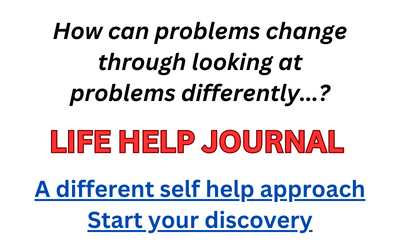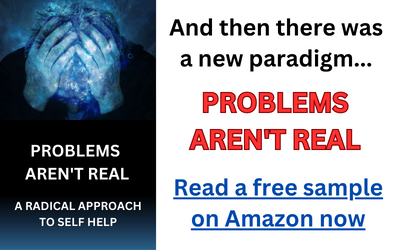Many people, including me, have had the experience of a down and even depressed mood after returning from vacation. Some might consider this to be a normal response: we’re just coming back from time away, after all.
But this raises the question of why “coming back” should be seen as problematic. If it is problematic it’s because the life we’re returning to has been defined by us, to some degree, as unattractive and / or unhappy.
If day-to-day life was genuinely wonderful would there be such a thing as a vacation? Or would it be referred to instead as traveling, or a trip?
Should we care at all about feeling blue after returning from vacation? This experience will naturally subside after a while, won’t it? Yes, it likely will; but it is still telling us something about how we perceive our typical life experience.
A negative emotional outlook about our life experience isn’t absolutely a call for action, but it may be. So what can we do if we find our life lacking?
An obvious response is to initiate change.
This can take the form of attempting to change our external life circumstances in some way — a change of career perhaps or even a location change from where we presently live — but what may be easier, and what will ultimately make more of a fundamental difference, is changing our response to emotions and thinking.
What are down moods like depression? They are physical body responses, referred to as emotions, to thought. Without thinking that states, in some way or another, that things are bad there is no negative emotional response. No anxiety, no anger, no depression after vacation, and no anything else.
There is thinking, this thinking is accepted as truth, and then there is an emotional response. This is how it always works.
I don’t mean to give the impression that this process is simple to deal with… it typically isn’t. Negative emotional states can cause a great deal of discomfort and even outright pain. They can, and sometimes do, overwhelm. But they can be managed.
How?
One means is to be aware of thinking and emotions (thinking can happen so quickly that it may be missed; emotions are nearly always noticeable) and to observe them, but otherwise allow them to be. This can be thought of as “sitting with” whatever thinking and emotion comes up; being aware of and watching it, so to speak, but not embracing these responses as an indication of life truth OR attempting to push them away.
Get more information about this method Here.
Life teacher Byron Katie has developed what amounts to a cost-benefit analysis of our thinking that she refers to as The Work. The Work involves writing down our thought streams and considering the truth of them, and also the harm they may cause. I consider The Work to be a very effective life improvement tool that gets to what is the heart of emotional pain and suffering: thinking.
Get more information about Byron Katie and The Work Here.
Another highly effective tool for life improvement, in my opinion, is meridian energy therapy along the lines of EFT (Emotional Freedom Techniques). For those who are unaware, EFT is similar to acupuncture — but finger stimulation is used in place of needles or other instruments. While the process may sound odd I can say with confidence that energy therapy shows quite positive results.
Get more information about EFT and meridian energy therapy Here.
There are various other effective life help techniques, and it’s also possible to combine help techniques. There are certainly available help options then when our day-to-day life circumstances feel unhappy.

